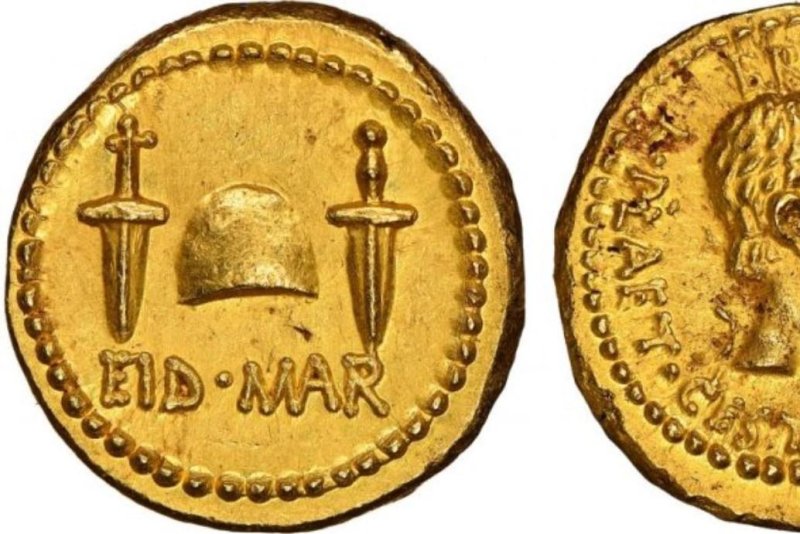Four indicted in defrauding NBA players a collective $13M

A former adviser at investment bank Morgan Stanley was one of four people arrested Thursday in two separate schemes that reportedly defrauded several current and former NBA players, according to the Justice Department.
Bastian Kienitz/Shutterstock
March 23 (UPI) -- A former adviser at investment bank Morgan Stanley was one of four people arrested Thursday in two separate schemes that reportedly defrauded several current and former NBA players, according to the Justice Department.
The indictment unsealed Thursday does not refer to the player and former players by name, who were collectively bilked out of $13 million.
Jrue Holiday, currently a guard for the Milwaukee Bucks, as well as former players Chandler Parsons and Courtney Lee are reportedly among the victims.
Former Morgan Stanley adviser Darryl Cohen was arrested in California Thursday morning, as was his alleged co-conspirator, Brian Gilder.
Charles Briscoe, a former NBA agent, was arrested in Katy, Texas, while officials took Calvin Darden Jr. into custody in Atlanta, Ga.
All four men were scheduled to appear in federal court Thursday afternoon.
Prosecutors contend the four men enticed the players and former players to transfer payments into their control, which were then used for unauthorized personal uses.
Cohen and Gilder reportedly convinced three athletes to purchase life insurance policies, unknowingly at heavily marked up prices. Investigators contend the policies were sold through a law firm with ties to Gilder, netting the two about $5 million.
Gilder allegedly used some of the proceeds to pay off a mortgage, while Cohen, who worked at Morgan Stanley between 2015 and 2021, carried out extensive renovations to his home.
Darden Jr., previously pled guilty to wire fraud in the Southern District of New York. He is accused of convincing a player to send him $7 million to help fund the purchase of a women's basketball team, and then spending the money on personal expenses.
Briscoe, the former agent, is accused of forging documents, including contracts to fraudulently obtain money from players.
March 23 (UPI) -- A former adviser at investment bank Morgan Stanley was one of four people arrested Thursday in two separate schemes that reportedly defrauded several current and former NBA players, according to the Justice Department.
The indictment unsealed Thursday does not refer to the player and former players by name, who were collectively bilked out of $13 million.
Jrue Holiday, currently a guard for the Milwaukee Bucks, as well as former players Chandler Parsons and Courtney Lee are reportedly among the victims.
Former Morgan Stanley adviser Darryl Cohen was arrested in California Thursday morning, as was his alleged co-conspirator, Brian Gilder.
Charles Briscoe, a former NBA agent, was arrested in Katy, Texas, while officials took Calvin Darden Jr. into custody in Atlanta, Ga.
All four men were scheduled to appear in federal court Thursday afternoon.
Prosecutors contend the four men enticed the players and former players to transfer payments into their control, which were then used for unauthorized personal uses.
Cohen and Gilder reportedly convinced three athletes to purchase life insurance policies, unknowingly at heavily marked up prices. Investigators contend the policies were sold through a law firm with ties to Gilder, netting the two about $5 million.
Gilder allegedly used some of the proceeds to pay off a mortgage, while Cohen, who worked at Morgan Stanley between 2015 and 2021, carried out extensive renovations to his home.
Darden Jr., previously pled guilty to wire fraud in the Southern District of New York. He is accused of convincing a player to send him $7 million to help fund the purchase of a women's basketball team, and then spending the money on personal expenses.
Briscoe, the former agent, is accused of forging documents, including contracts to fraudulently obtain money from players.











